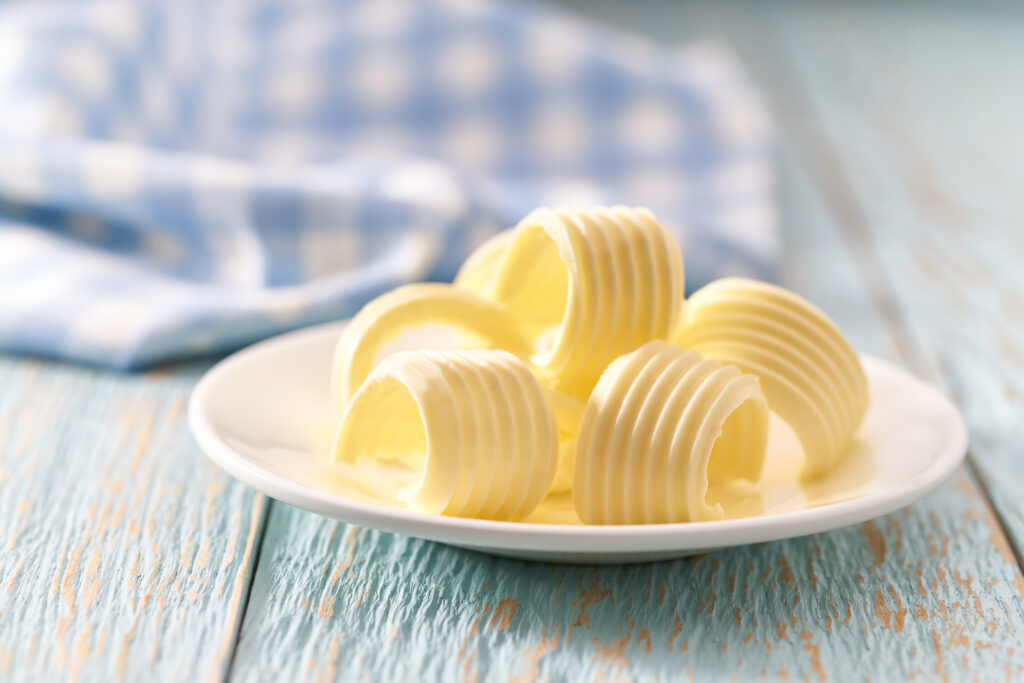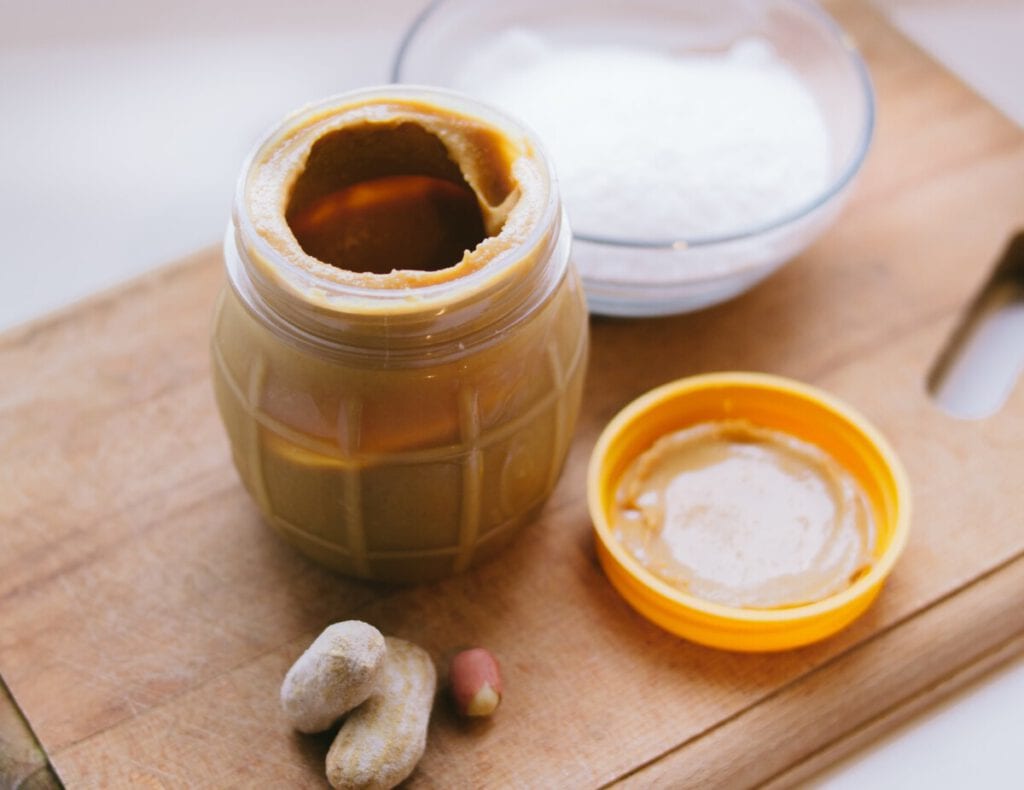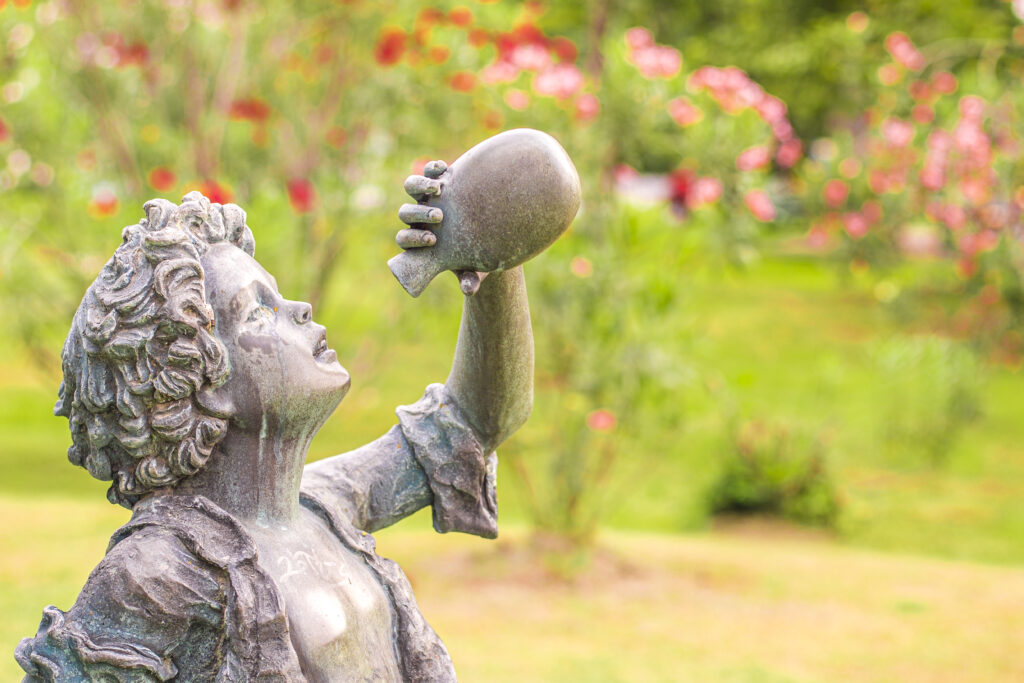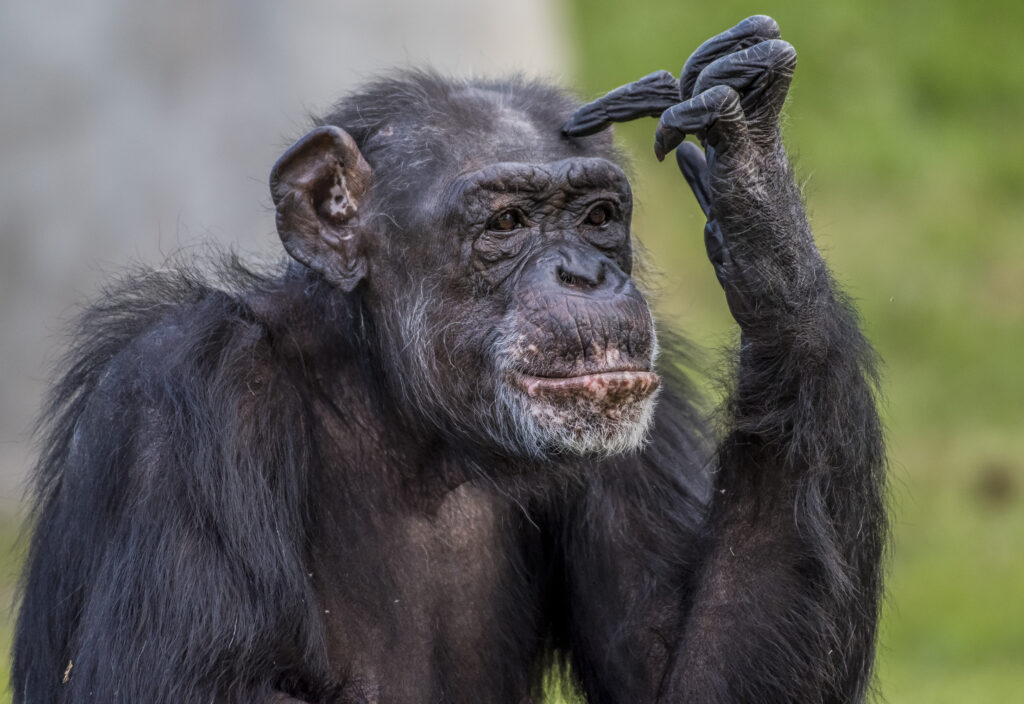What do monkeys, loose teeth and drastic haircuts have in common? Well, they all feature in the most bizarre and humorous Dutch idioms, of course!
Trying to find literal meaning in these words will have you “running around like a headless chicken”, so below is a breakdown of what the Dutch mean when they hit you with one of the following expressions.
“Wie boter op zijn hoofd heeft, moet uit de zon blijven”
“Anyone who has butter on their head must stay out of the sun.”
If the Dutch walk around with butter on their heads, they obviously do it in the privacy of their own homes because I don’t know of anyone who has seen this phenomenon in real life.

Although a bizarre mental image, this idiom does not have anything to do with strange Dutch hair traditions. It actually means that you should not judge someone if you have faults as well.
This idiom is similar to the English one “don’t throw stones if you live in a glass house”, but also acts as advice to anyone wanting to venture outside with butter on their heads.
“Met de mond vol tanden staan”
“To sit with your mouth full of teeth.”
While this saying brings to mind nightmares of teeth falling out uncontrollably, it actually has nothing to do with dental health issues.
This idiom is the twin of the English one “to be tongue-tied” or, in simple terms, to be left absolutely speechless.
“Helaas, pindakaas”
Wait…what? While these words obviously rhyme, why is peanut butter so bad?

There seems to be no other meaning underneath this odd saying unless taken literally: if you truly detest peanut butter, this is the idiom for you.
“Weten waar Abraham de mosterd haalt”
“To know where Abraham gets the mustard from.”
Who is Abraham, and why does he get all the mustard?
Unfortunately, this idiom has nothing to do with food, but instead means to know how something works, to be well-informed on something or keep up to date.
Apparently, the phrase originated from the Old Testament when Abraham gathers firewood in preparation for his son’s sacrifice.
Firewood, known then as “mustaards”, evolved into the word “mosterd” which we see in the above idiom.
“Alsof er een engeltje over je tong piest”
“As if an angel pisses on your tongue.”

In line with the theme of religion, this rather crude expression is actually one of high praise.
If you find the food you’re eating to be absolutely divine, tell the cook that the meal is heavenly and tastes as great as angel pee — which must, apparently, taste pretty good too.
“Nu komt de aap uit de mouw!”
“Now the monkey comes out of the sleeve!”
With the Dutch being among the top 10 nations for animal welfare, it’s obvious that they do not, in fact, go around with monkeys hidden up their sleeves.
There was a time, however, when monkeys were hidden in the long sleeves of magicians and tricksters to appear at unexpected moments and scare the audience.
One interpretation of this idiom “keeping the monkey up the sleeve” means to hide one’s tricks and devious aims.

Another interpretation is that the monkey represents one’s true character, and when it “comes out the sleeve”, one’s true character is revealed. This is similar to the English “letting the cat out of the bag” meaning exposing the surprise.
“Iemand met apenmunt betalen”
“Pay someone with monkey coin.”
Let’s leave discussing the Dutch tendency to use monkeys in their idioms for another time, and instead, determine what it means to pay someone with monkey coin.
This saying is similar to the English idiom of “paying someone with monopoly money”, which, regardless of how much you have at the end of a Monopoly, doesn’t hold much value in the real world.
Ultimately, it means to fool someone with nice words or placate them with compliments instead of paying them back what is owed.
“Ben je van de trap gevallen?”
“Did you fall down the stairs?”
If someone is feeling ill and might not be looking so good, this is the expression you use to politely tell them to go lie down and rest.
Or so you’d think. In fact, you only say this to someone if they have just gotten a drastic haircut that is (really) not the greatest.

The extended-expression is “hij is van de trap gevallen en heeft zijn haar gebroken” which translates to “he fell down the stairs and broke his hair.”
Perhaps this is not the best answer to give your girlfriend when she asks you if you notice anything different about her.
“Ik zal dat varkentje wel even wassen”
“I’ll wash that little piglet.”
Again with the animals! That image of a sweet little piglet in a teacup comes to mind, but this saying has nothing to do with the hygiene of cute animals.
This idiom simply means that you will take care of something and do the job well. I don’t know how that connection was made, either.
“Het Spaans benauwd krijgen”
“Getting stuffy in Spanish.”
Are the Spanish a stuffy nation? This isn’t a rhetorical question. Are they actually stuffy?
Well, why else would the Dutch imply stuffiness with the flamboyant Spanish nation? This idiom actually refers to feeling anxious or fearful.

Apparently, to be “Spanish” is not only a geographical and cultural indicator, but “Spaans” also means to be hard and cruel. Go figure.
Looking to impress some Dutchies with your brand new Dutch skills and words in the near or distant future? Why don’t you ask them “ben je van de trap gevallen?” or perhaps it’s best to start with a simple “Helaas pindakaas.”
Do you know any other fun Dutch idioms? Tell us some of your favourites in the comments below!
Editor’s Note: This article was originally published in December 2020, and was fully updated in October 2022 for your reading pleasure.

This made me ridiculously happy! You definitely washed the piglet with this one!
Talking about monkeys, how about this one:
“In de aap gelogeerd zijn”
Try to figure that one out!
I’m Dutch and I have never heard “iemand met apenmunt betalen”